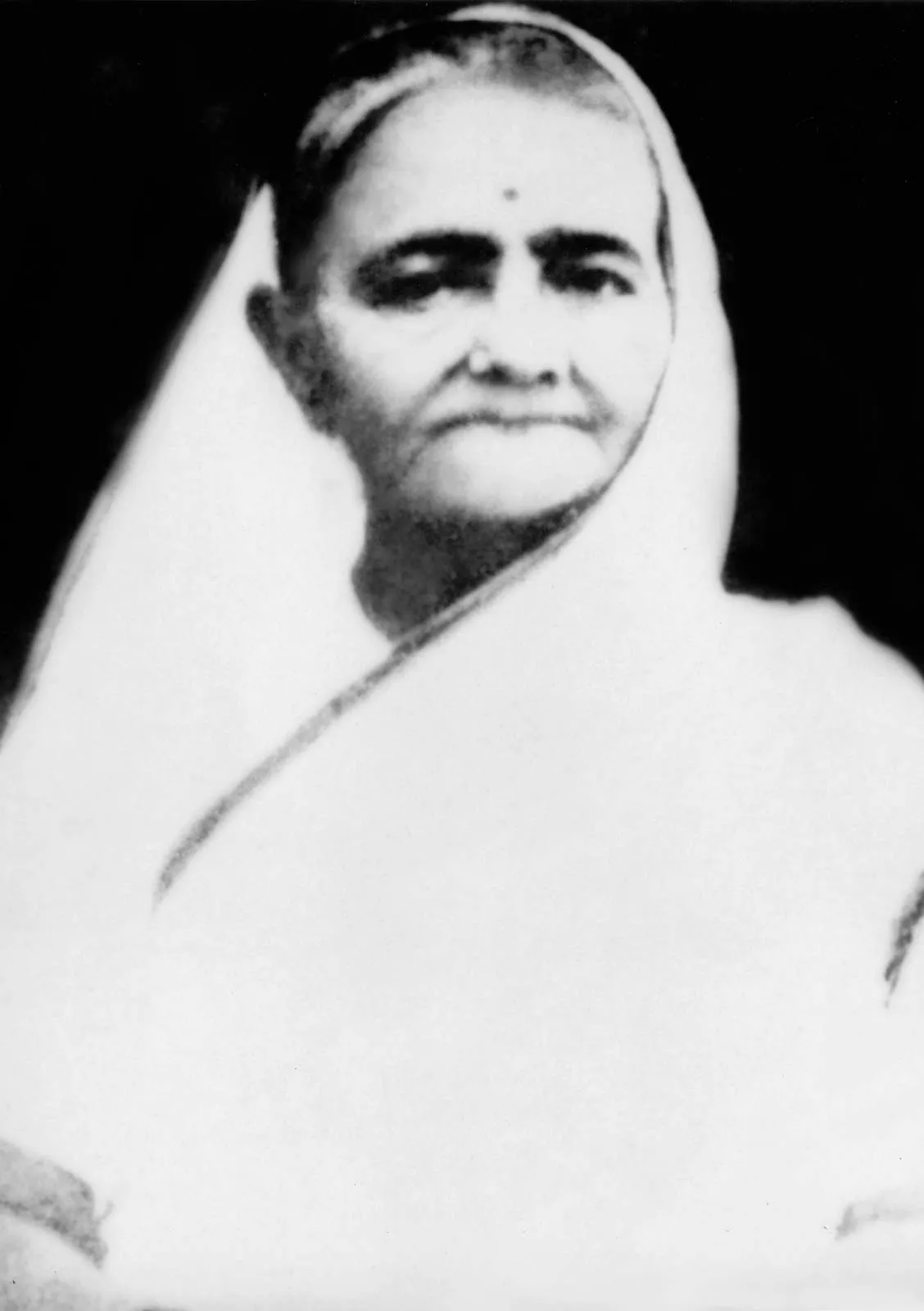
Kasturba Gandhi: The Unsung Heroine of India’s Independence Movement
In the annals of India’s struggle for independence, amidst the towering figures of Mahatma Gandhi, Jawaharlal Nehru, and other prominent leaders, there stands a woman whose contributions and sacrifices have often been overshadowed by those of her husband. Kasturba Gandhi, the wife and lifelong companion of Mahatma Gandhi, played a pivotal role in the Indian freedom movement, embodying the spirit of resilience, sacrifice, and unwavering commitment to the cause of justice.
Born on April 11, 1869, in Porbandar, Gujarat, Kasturba Gandhi, nee Kasturbai Makhanji Kapadia, was raised in a traditional Indian household. From a young age, she exhibited qualities of compassion, strength, and devotion, which would come to define her character in the years to come. Kasturba’s early years were marked by the typical duties and responsibilities of a young Indian girl, yet her spirit remained indomitable, even in the face of adversity.
Kasturba’s life took a momentous turn when she married Mohandas Karamchand Gandhi, later known as Mahatma Gandhi, in 1883, at the age of 13. Their union was not only one of marriage but also of shared ideals and aspirations for a better world. Kasturba wholeheartedly embraced Gandhi’s philosophy of nonviolence, simplicity, and service to humanity, becoming his steadfast companion in the journey towards social and political transformation.
Throughout their marriage, Kasturba stood by Gandhi’s side through thick and thin, supporting him in his struggles and sacrifices for the greater good. She played a crucial role in Gandhi’s experiments with truth and nonviolent resistance, offering him unwavering love, guidance, and moral support. Together, they embarked on a shared mission to uplift the downtrodden, challenge injustice, and promote the values of compassion, tolerance, and equality.
Kasturba’s contributions to the Indian independence movement were manifold and varied. She actively participated in the campaigns led by Gandhi, including the Salt March, the Non-Cooperation Movement, and the Quit India Movement, despite facing numerous hardships and personal sacrifices. Kasturba’s resilience in the face of adversity, her unwavering commitment to the cause of freedom, and her willingness to endure imprisonment and persecution alongside her husband made her a symbol of courage and strength for millions of Indians.
Beyond her political activism, Kasturba played a vital role in the socio-cultural transformation of Indian society. She championed the cause of women’s rights, advocating for their education, empowerment, and participation in public life. Kasturba’s leadership and example inspired countless women to assert their rights and assert themselves as equal partners in the struggle for social justice and equality.
Despite her many contributions and sacrifices, Kasturba’s legacy has often been overshadowed by the towering figure of Mahatma Gandhi. However, history bears witness to her invaluable role as a partner, confidante, and co-builder of Gandhi’s vision of a free and independent India. As we commemorate the heroes of India’s freedom struggle, let us remember Kasturba Gandhi as a true heroine of the movement, whose courage, resilience, and unwavering commitment to justice continue to inspire us to this day.
In honoring Kasturba Gandhi’s memory, let us strive to uphold the values of compassion, tolerance, and equality for which she so passionately fought. May her life serve as a timeless reminder of the power of love, sacrifice, and unwavering dedication to the pursuit of a better world for all.










